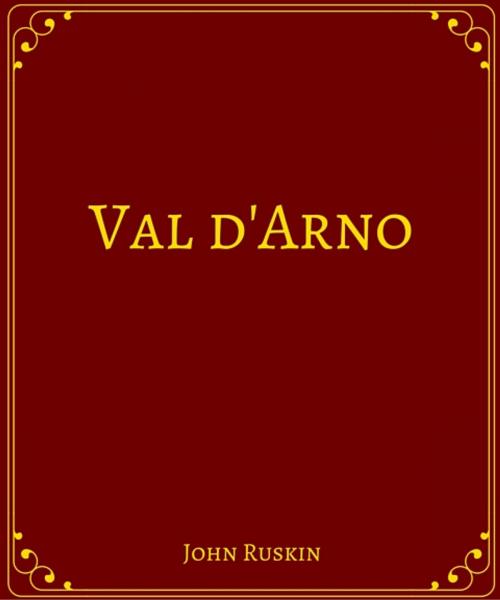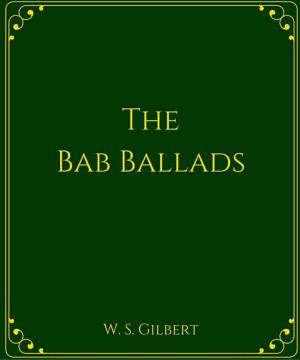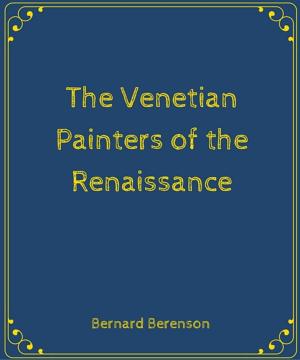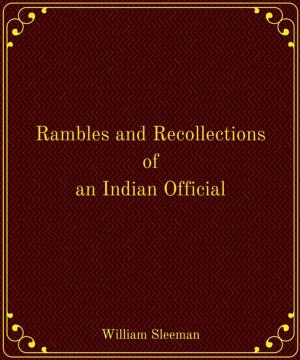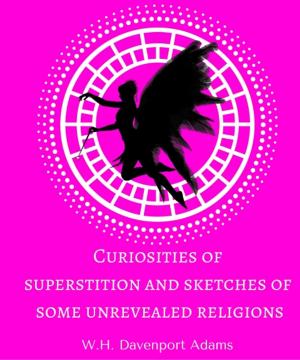| Author: | John Ruskin | ISBN: | 1230001214888 |
| Publisher: | Star Lamp | Publication: | July 4, 2016 |
| Imprint: | Language: | English |
| Author: | John Ruskin |
| ISBN: | 1230001214888 |
| Publisher: | Star Lamp |
| Publication: | July 4, 2016 |
| Imprint: | |
| Language: | English |
Val D'Arno by the leading English art critic of the Victorian era, also an art patron, draughtsman, watercolourist, a prominent social thinker and philanthropist. He wrote on subjects as varied as geology, architecture, myth, ornithology, literature, education, botany and political economy,John Ruskin.Ruskin's views on art, wrote Kenneth Clark, "cannot be made to form a logical system, and perhaps owe to this fact a part of their value." Ruskin's accounts of art are descriptions of a superior type that conjure images vividly in the mind's eye.
Clark neatly summarises the key features of Ruskin's writing on art and architecture:
1 Art is not a matter of taste, but involves the whole man. Whether in making or perceiving a work of art, we bring to bear on it feeling, intellect, morals, knowledge, memory, and every other human capacity, all focused in a flash on a single point. Aesthetic man is a concept as false and dehumanizing as economic man.
2 Even the most superior mind and the most powerful imagination must found itself on facts, which must be recognized for what they are. The imagination will often reshape them in a way which the prosaic mind cannot understand; but this recreation will be based on facts, not on formulas or illusions.
3 These facts must be perceived by the senses, or felt; not learnt.
4 The greatest artists and schools of art have believed it their duty to impart vital truths, not only about the facts of vision, but about religion and the conduct of life.
5 Beauty of form is revealed in organisms which have developed perfectly according to their laws of growth, and so give, in his own words, 'the appearance of felicitous fulfillment of function.'
6 This fulfillment of function depends on all parts of an organism cohering and cooperating. This was what he called the 'Law of Help,' one of Ruskin's fundamental beliefs, extending from nature and art to society.
7 Good art is done with enjoyment. The artist must feel that, within certain reasonable limits, he is free, that he is wanted by society, and that the ideas he is asked to express are true and important.
8 Great art is the expression of epochs where people are united by a common faith and a common purpose, accept their laws, believe in their leaders, and take a serious view of human destiny.
Val D'Arno by the leading English art critic of the Victorian era, also an art patron, draughtsman, watercolourist, a prominent social thinker and philanthropist. He wrote on subjects as varied as geology, architecture, myth, ornithology, literature, education, botany and political economy,John Ruskin.Ruskin's views on art, wrote Kenneth Clark, "cannot be made to form a logical system, and perhaps owe to this fact a part of their value." Ruskin's accounts of art are descriptions of a superior type that conjure images vividly in the mind's eye.
Clark neatly summarises the key features of Ruskin's writing on art and architecture:
1 Art is not a matter of taste, but involves the whole man. Whether in making or perceiving a work of art, we bring to bear on it feeling, intellect, morals, knowledge, memory, and every other human capacity, all focused in a flash on a single point. Aesthetic man is a concept as false and dehumanizing as economic man.
2 Even the most superior mind and the most powerful imagination must found itself on facts, which must be recognized for what they are. The imagination will often reshape them in a way which the prosaic mind cannot understand; but this recreation will be based on facts, not on formulas or illusions.
3 These facts must be perceived by the senses, or felt; not learnt.
4 The greatest artists and schools of art have believed it their duty to impart vital truths, not only about the facts of vision, but about religion and the conduct of life.
5 Beauty of form is revealed in organisms which have developed perfectly according to their laws of growth, and so give, in his own words, 'the appearance of felicitous fulfillment of function.'
6 This fulfillment of function depends on all parts of an organism cohering and cooperating. This was what he called the 'Law of Help,' one of Ruskin's fundamental beliefs, extending from nature and art to society.
7 Good art is done with enjoyment. The artist must feel that, within certain reasonable limits, he is free, that he is wanted by society, and that the ideas he is asked to express are true and important.
8 Great art is the expression of epochs where people are united by a common faith and a common purpose, accept their laws, believe in their leaders, and take a serious view of human destiny.
